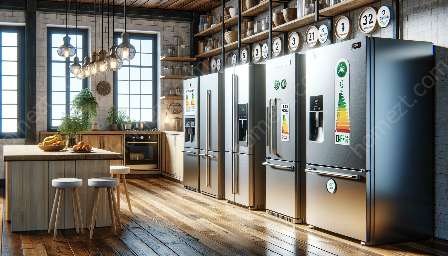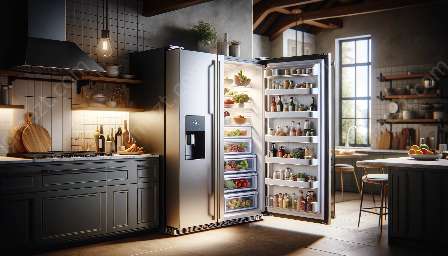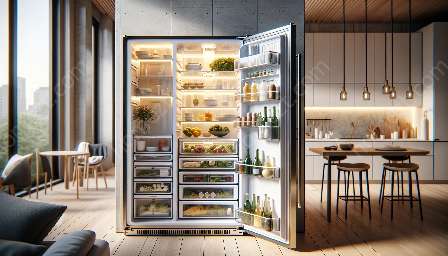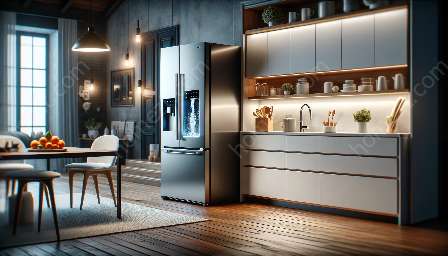Refrigerators are indispensable appliances that consume considerable energy. Understanding the energy efficiency of refrigerators can help you save on electricity bills and reduce your environmental impact. This article explores the factors affecting refrigerator energy efficiency, the benefits of energy-efficient models, and tips on maximizing energy savings. Whether you are in the market for a new refrigerator or want to optimize the performance of your current one, this comprehensive guide will provide valuable insights.
Understanding Refrigerator Energy Efficiency
When assessing the energy efficiency of refrigerators, it's essential to consider several factors that contribute to their overall performance. The following elements play a critical role in determining the energy consumption of refrigerators:
- Size and Configuration: The size and design of a refrigerator can significantly impact its energy efficiency. Larger units generally consume more energy than smaller ones, and side-by-side or French door configurations tend to be less efficient compared to top freezer models.
- Energy Star Rating: Energy Star-certified refrigerators are designed to meet strict energy efficiency guidelines set by the Environmental Protection Agency (EPA). These models consume less energy and may qualify for utility rebates, making them a cost-effective and environmentally friendly choice.
- Age of the Refrigerator: Older refrigerators tend to be less energy efficient compared to modern models. Upgrading to a new, energy-efficient refrigerator can result in significant long-term savings on energy costs.
- Temperature Control and Insulation: Proper insulation and temperature control mechanisms are crucial for energy-efficient refrigeration. Insufficient insulation or faulty temperature controls can lead to increased energy consumption and reduced efficiency.
Benefits of Energy-Efficient Refrigerators
Investing in an energy-efficient refrigerator offers various advantages that go beyond reducing your electricity bills. Here are some key benefits of choosing an energy-efficient model:
- Lower Operating Costs: Energy-efficient refrigerators consume less electricity, resulting in lower monthly energy bills. Over time, the savings can add up significantly.
- Environmental Impact: Energy-efficient refrigerators have a smaller carbon footprint, contributing to environmental sustainability by reducing greenhouse gas emissions and energy consumption.
- Enhanced Features: Many energy-efficient refrigerators come with advanced features such as smart technology, adjustable temperature settings, and improved storage organization, providing added convenience and functionality.
- Utility Rebates: Some utility companies offer rebates or incentives for purchasing Energy Star-certified appliances, making the upfront cost of an energy-efficient refrigerator more affordable.
- Set the Right Temperature: Keep your refrigerator at the recommended temperature (typically between 37-40°F) and the freezer at 0°F to ensure optimal energy efficiency.
- Regular Maintenance: Clean the condenser coils, check door seals for leaks, and defrost the freezer if ice buildup occurs. These maintenance tasks can improve the overall efficiency of your refrigerator.
- Organize Efficiently: Properly organizing the items in your refrigerator can facilitate better airflow and temperature regulation, reducing the workload on the appliance and improving energy efficiency.
- Consider Lifestyle Habits: Minimize the frequency of door openings, avoid placing hot items in the refrigerator, and consider using alternate storage methods such as vacuum-sealed bags for certain food items to reduce energy consumption.
Maximizing Energy Savings
In addition to choosing an energy-efficient refrigerator, there are several practices and maintenance tips that can further enhance its energy efficiency:
By understanding the principles of energy efficiency in refrigerators and implementing the recommended practices, you can make informed decisions about selecting and maintaining a refrigerator that maximizes energy savings while meeting your household needs.





















